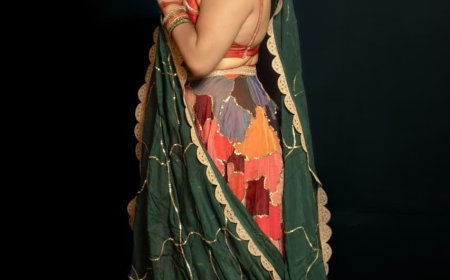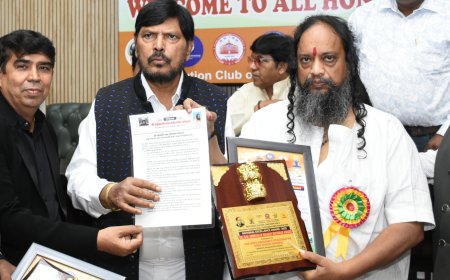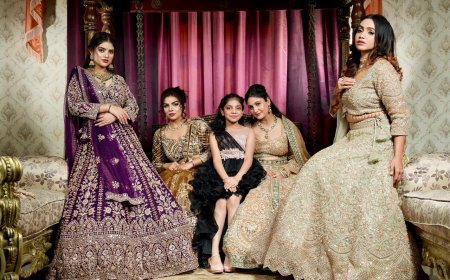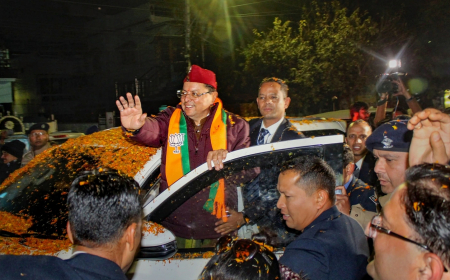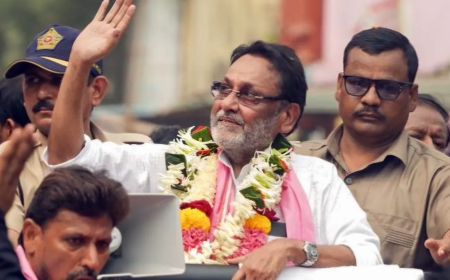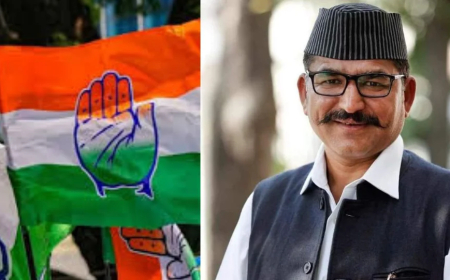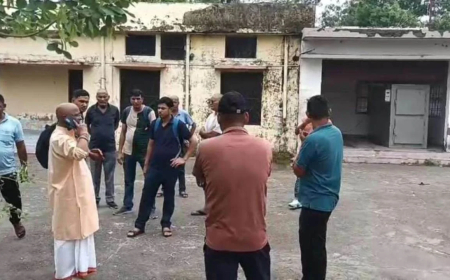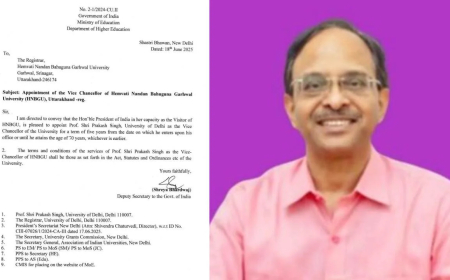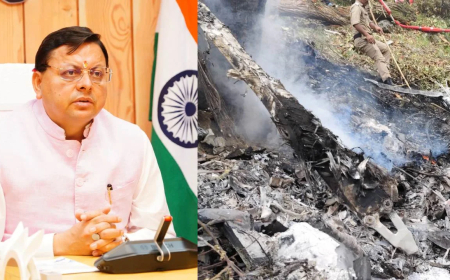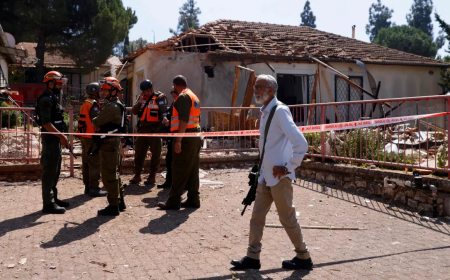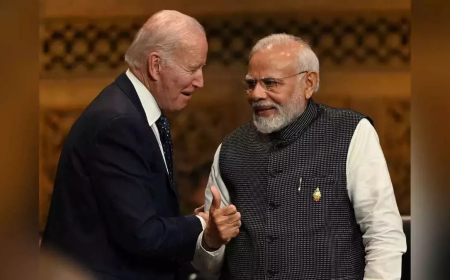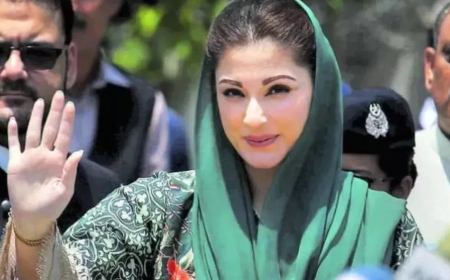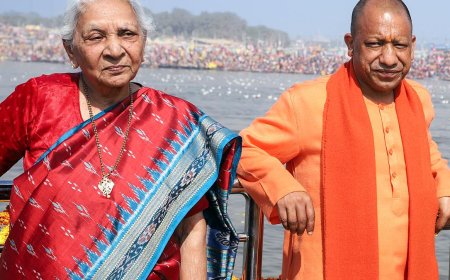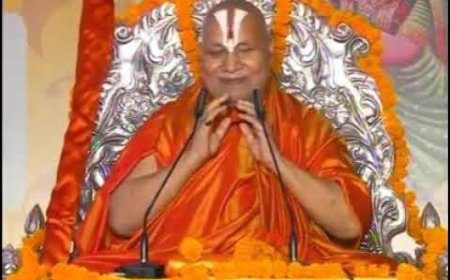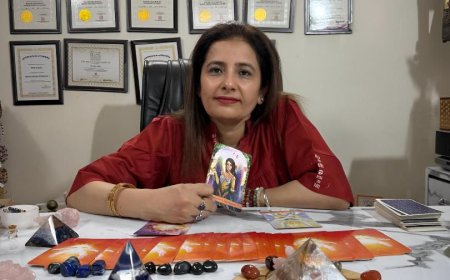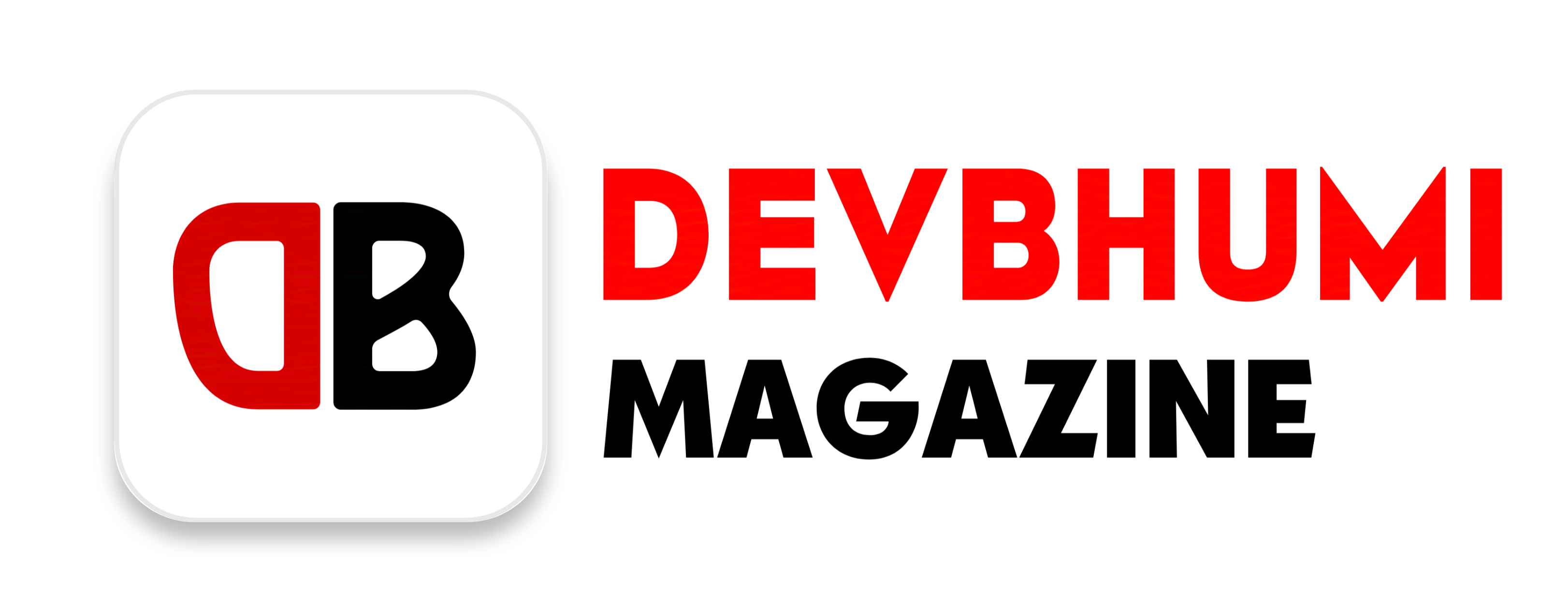"Uttarakhand’s Renaming Row: Beyond Miyanwala, the Politics of Place Names"
The Uttarakhand government’s decision to rename 17 places has sparked political and public debate. Locals question the historical logic behind changing names like Miyanwala, urging for cultural context and development instead.
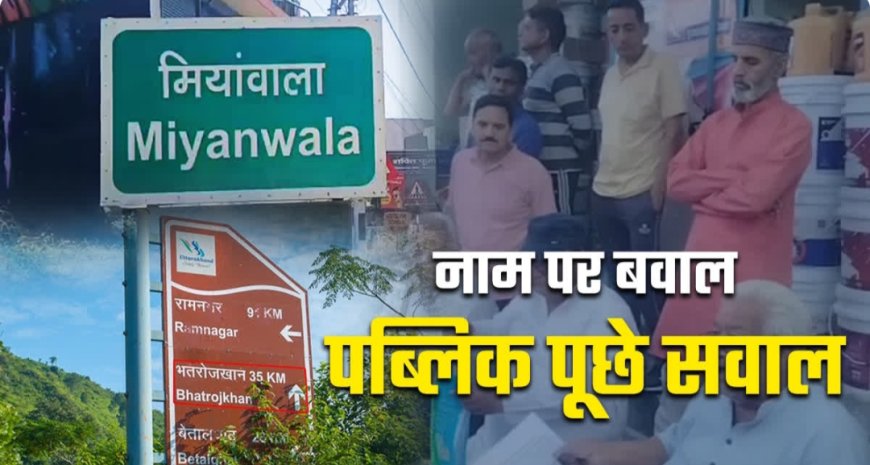
Uttarakhand’s Renaming Row: Beyond Miyanwala, the Politics of Place Names
In a move that has sparked both political and public reaction, the Uttarakhand government, led by Chief Minister Pushkar Singh Dhami, recently approved the renaming of 17 places across four districts. Among them, the change of Miyanwala to Ramjiwala in Dehradun has especially ignited controversy — and prompted larger questions about the politics of place names in the hill state.
While renaming places is not new in Indian politics — especially under the banner of cultural restoration — the current wave in Uttarakhand is being criticized as historically misinformed and politically motivated. Citizens, historians, and even journalists are questioning the logic behind these decisions, especially when many of the targeted names are not directly linked to any religious community, as is being assumed.
Take Miyanwala, for instance. The name may appear to have Muslim connotations to some, but locals and historians assert that it is rooted in the traditions of Rajput communities native to the region. Senior journalist Arvind Shekhar points out that the name is associated with local Rajput clans, not Islamic figures or historical invasions. By hastily labeling such names as "Muslim" and opting for their removal, the government risks erasing authentic cultural identities tied to the state’s heritage.
Further complicating the matter is the presence of other locations across Uttarakhand with names like Bhatronjkhan, Kaflikhan, Nathuwakhan, Chinakhhan, and Chamadkhan. While the word ‘Khan’ might be interpreted as Islamic in other contexts, in the Kumaoni and Garhwali dialects, it commonly refers to a geographical area or region of abundance — and has no religious linkage. These names have existed for generations, forming a vital part of the state’s topographical and cultural lexicon.
Critics are also highlighting the irony in targeting words like ‘Talab’ — a Persian-derived term for pond — while not acknowledging the deep intermixing of languages and cultures that shaped the subcontinent. If etymology alone becomes the basis for name changes, where does one draw the line?
In the words of William Shakespeare, “What’s in a name?” may be a poetic reflection on identity, but in modern India, names hold the weight of history, politics, and community pride. While symbolic gestures like name changes can be powerful, they must be approached with research, respect, and responsibility. Otherwise, they risk inflaming sentiments, misrepresenting history, and diverting attention from real developmental issues.
Locals now ask: Will changing names alone lead to better roads, schools, and healthcare? Or is this simply a political smokescreen? As the debate continues, one thing becomes clear — the politics of naming is not just about labels, but about belonging, identity, and the right to one’s cultural memory.






